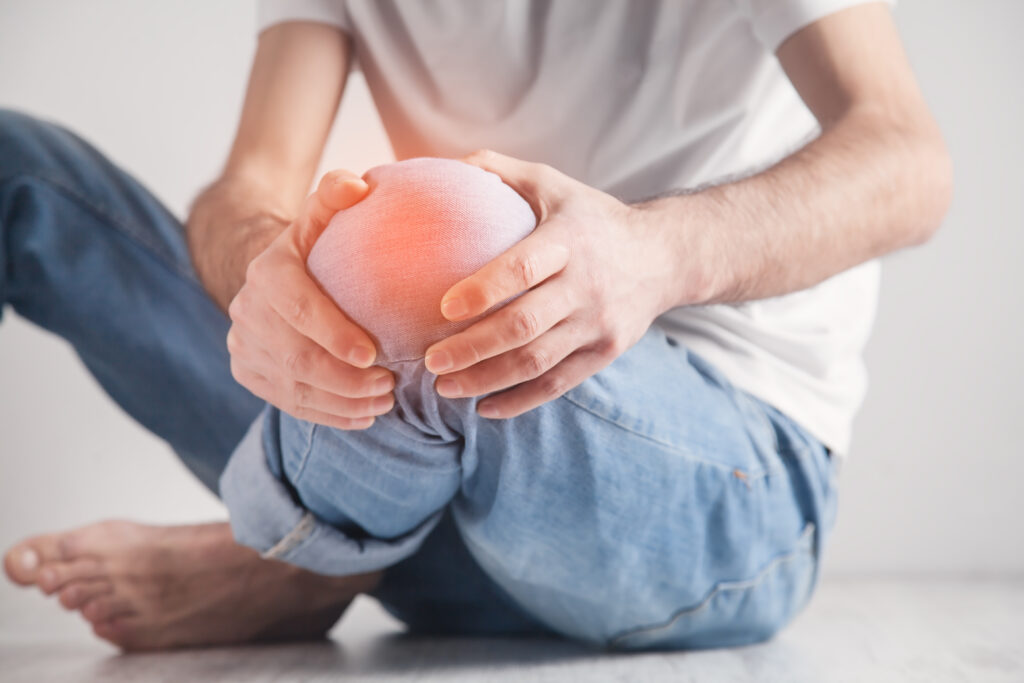If you're dealing with a sports injury in Calhoun, you might be wondering how to expedite your recovery effectively. It's vital to adopt a strategic approach that encompasses tailored rehabilitation, proper nutrition, and mental wellness. By prioritizing these aspects, you can enhance your healing process considerably. But what specific steps should you take to guarantee each of these elements works in your favor? Discover the essential tips that can make a difference in your journey back to peak performance.
Focus on Rehabilitation
Rehabilitation is the cornerstone of recovering from a sports injury. When you've faced an injury, it's essential to focus on a structured rehabilitation program tailored to your specific needs. This process not only aids in healing but also helps you regain strength and flexibility.
You shouldn't underestimate the importance of working with a qualified physical therapist. They'll create a customized plan that considers your injury type, fitness level, and goals.
Start by committing to a consistent schedule. Attend all therapy sessions and complete any prescribed exercises at home. This repetition builds muscle memory and accelerates recovery.
Don't rush the process; your body needs time to heal properly. Pushing too hard can lead to setbacks, which can prolong your return to the field or court.
Incorporate mobility exercises early in your rehabilitation. These movements enhance your range of motion and prevent stiffness. As you progress, gradually add strength training to rebuild muscles.
Listen to your body; if something doesn't feel right, communicate with your therapist immediately.
Stay motivated by tracking your progress. Set realistic goals and celebrate small victories along the way. Surround yourself with a supportive network of friends and family who understand your journey. They can provide encouragement when you need it most.
Prioritize Nutrition
Nutrition plays an essential role in your recovery from a sports injury. The right foods can help reduce inflammation, promote healing, and restore your strength. To support your recovery process, you need to prioritize a balanced diet that incorporates various nutrients. Here are some key components to focus on:
- Protein: It's critical for repairing tissues and building muscle. Include lean meats, fish, eggs, beans, and nuts in your meals.
- Healthy Fats: Omega-3 fatty acids found in fish, flaxseeds, and walnuts can help decrease inflammation. Avocados and olive oil are also great choices.
- Vitamins and Minerals: Make sure to load up on fruits and vegetables, which provide essential vitamins like C and D, and minerals like calcium and magnesium that are fundamental for bone health.
Staying hydrated is equally important. Water helps transport nutrients throughout your body and can aid in the recovery process. Aim for at least eight glasses a day, and consider electrolyte-rich beverages if you're engaging in physical therapy or rehabilitation exercises.
Additionally, don't skip meals. Eating regular, nutritious meals will give your body the fuel it needs to recover efficiently.
If you're unsure about your nutritional intake, consulting with a registered dietitian can provide personalized guidance tailored to your recovery needs.
Manage Mental Wellness
While focusing on your physical recovery, it's just as important to attend to your mental wellness. Sports injuries can take a toll not just on your body, but also on your mind. You might feel frustrated, anxious, or even depressed about your situation. Acknowledging these feelings is the first step towards managing them.
To help maintain a positive mindset, try to set realistic goals for your recovery. Instead of aiming for a quick return to full strength, break your recovery into smaller, achievable milestones. Celebrate each success, no matter how small, to boost your motivation and confidence.
Engaging in mindfulness practices can also be beneficial. Techniques like meditation, deep breathing, or yoga can help reduce stress and enhance your focus. Even a few minutes a day can make a significant difference in your mental state.
Don't hesitate to reach out for support. Talk to friends, family, or even a mental health professional who can provide guidance and encouragement. Sharing your thoughts and feelings can lighten your emotional load and remind you that you're not alone in this journey.
Staying connected with your sport, even in a limited capacity, can also help. Watch games, read about your favorite athletes, or engage in discussions about the sport. This connection can keep your passion alive and remind you of what you're working towards.
Ultimately, prioritizing your mental wellness won't only aid your recovery but also prepare you for a stronger comeback.
Conclusion
To sum up, successfully recovering from a sports injury in Calhoun hinges on three essential strategies. By prioritizing a personalized rehabilitation plan, focusing on nutritious foods, and managing your mental wellness, you'll create a solid foundation for healing. Stay committed to your goals, lean on your support system, and remember that every small step counts. With determination and the right approach, you can get back to doing what you love in no time!



